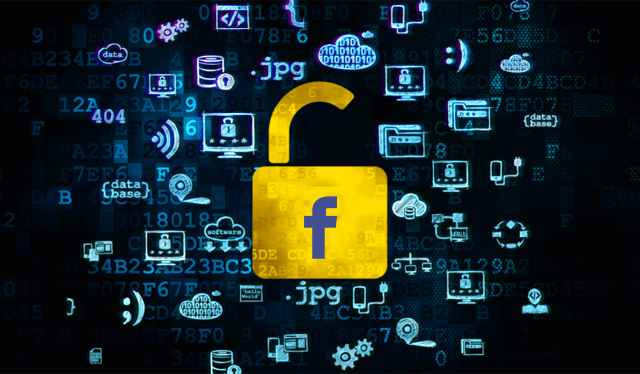The recent Facebook data breach indicates that it is high time to ensure data security
Data is the blood and soul of industries today. The abundant data available online is both used and misused by entities. As we say every coin has two sides, so does the digital space that we love so much. How many of us do not use social media? Can this even be considered as a question? We are now available more in the virtual world than in reality. Social media has changed the way we spend our time on screen. But are we aware that we are generating tons of data on these internet platforms and that they are vulnerable enough? Probably not.
Companies and social media giants leverage these data to enhance personalized user experience. Data analytics has become a norm to achieve business growth these days. But what we usually ignore is to have better strategies for data security and privacy. Data leakages in companies are not something new. We had witnessed the Justdial data leak almost a year back. Currently, the spotlight is on social media giant Facebook, since the personal data leakage of 533 million FB users.
Is Facebook Trading the User Data?
Sundar N Balasubramanian, Managing Director, Check Point Software Technologies, India & SAARC, says, “This might be just an extension of an earlier incident with Facebook in 2019. The exposed data was based on API permission that would allow anyone to query a user’s number. So far, the motive of publishing the data online is not clear, as there is no financial incentive in giving out the information for free. However, it is also not a new trend that Check Point is seeing.” Check Point is a leading cybersecurity solutions provider. Further, he mentions, “The main damage is that information about half a billion users has been leaked and is available online including their phone numbers, email addresses, and location data.”
Facebook stole the headlines once the humongous data leakage was exposed in the public domain. The leaked data was uploaded in open hacking forums for free and according to reports, the CTO and Co-founder of Hudson Rock, a cybersecurity company found the hidden data online. The leaked databases included personal information including gender, date of birth, mail ids, relationship status, place of work, and even phone numbers. As Mr. Sundar stated, Facebook had done this earlier in 2019 too, when millions of contact numbers were stolen from the site by violating its data privacy policies. The recent reports revealed that Mark Zuckerburg’s contact and bio details were also present among the leaked data.
The Facebook data leak draws our attention towards ensuring personal cybersecurity through securing the data we have given to such digital platforms.
How To Secure Your Data Online?
With surging cases of data breaches and data security concerns, users should consider investing some time in understanding ways in which they can protect their personal information and prevent the data from hacking. Mr. Sundar reveals some tips users can leverage to protect data and says, “Share and create awareness with your own family, the leak with Facebook has updated users’ details and it means that phishing campaigns might include messages from the closed people around you which can trick users easily.” Other tips include activating Second Factor Authentication on all important applications. He warns the users by reiterating, “Don’t access links from messages or emails. If you get emails from the service provider, you should manually enter the official website.”
Let us see what are the important steps to ensure data safety-
- Strong passwords and two-factor authentication can save the data from getting access to an extent.
- Consistently update the privacy settings and report any suspicious approach.
- Using a VPN will ensure that the information and conversations you have are encrypted and goes through a safe channel.
- Keeping your system up to date with necessary anti-virus and anti-malware software.
- Do not exchange personal information to apps that say that you can see how you look like in 30 years or other clickbait statements.
- Block those supercookies, which seem harmless but can get hold of your personal information and cannot be deleted automatically.
- Do not share your location on social media websites unless it is critical.
- Using your social media profiles to log into other websites could lead to data breaches.
The bottom line is that it is better not to share your personal details and limit feeding sensitive data to the online platform.
This article has been published from the source link without modifications to the text. Only the headline has been changed.




